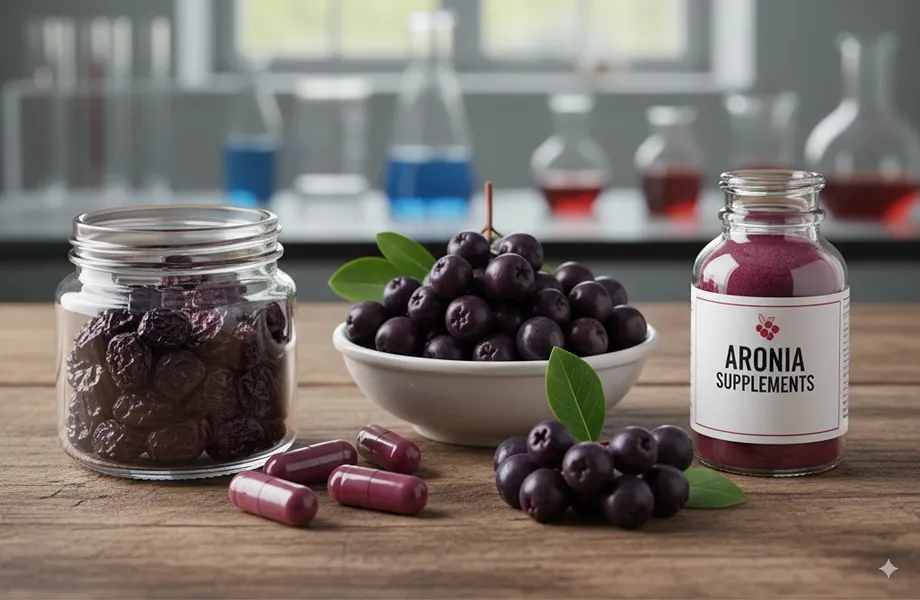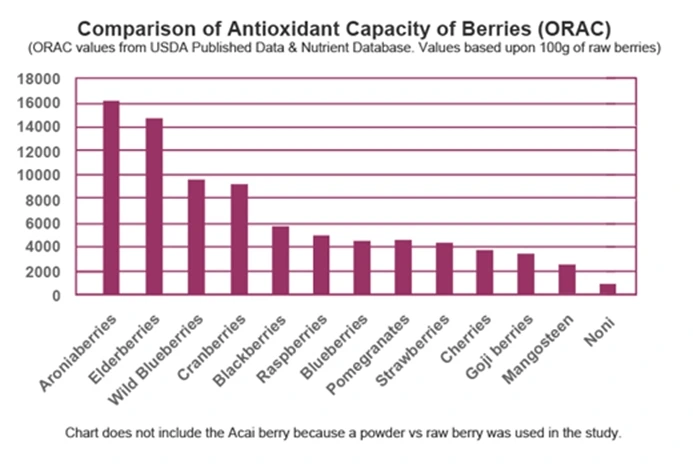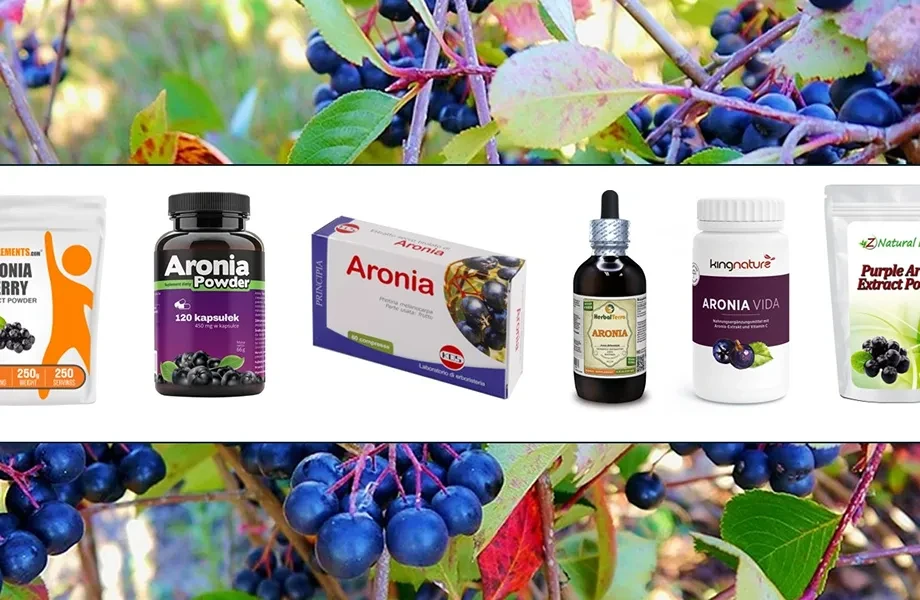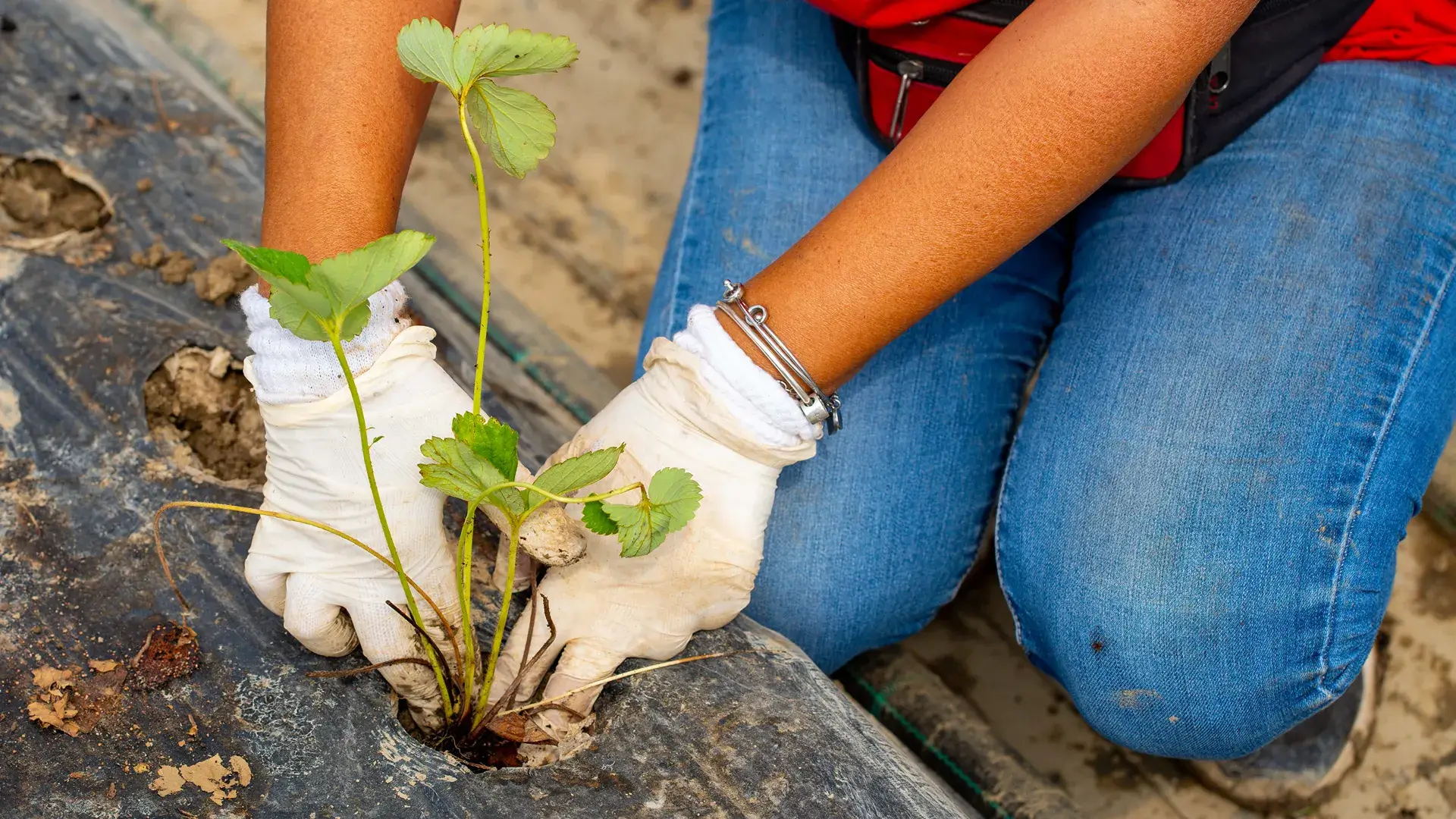Chokeberry (aronia)-based supplements have had a significant impact on the global market, driven by the growing demand for superfoods and natural products with antioxidant properties.
Global market growth
The global market value of aronia-chokeberries, the main raw material for supplements, is growing strongly: estimates for 2024 indicate USD 1.88 billion, with forecasts of reaching USD 2.37 billion by 2033 and a compound annual growth rate (CAGR) of 2.6% from 2025 to 2033.
Dietary supplements account for a significant share of this market, benefiting from the overall growth of plant-based supplements and nutraceuticals, which globally drive expansion thanks to increasing awareness of health and prevention.

Reasons for success
Chokeberry is rich in anthocyanins, polyphenols, and vitamin C, giving it strong antioxidant properties; this allows it to be marketed in capsules, powders, and dry extracts often recommended for immune system support, cardiovascular protection, reduction of inflammatory processes, and prevention of cellular aging.
Consumption is particularly strong among adult and over-65 consumers, with high shares in North America, Europe, and growing interest in Asia-Pacific.
Scientific evidence and wellness-oriented marketing strategies have supported the international spread of Aronia-based supplements as natural alternatives to synthetic antioxidants.
Distribution channels and trends
Aronia (chokeberry) supplements are distributed mainly through e-commerce, pharmacies, natural product specialty channels, and large retail, facilitating access even in emerging markets.
The growth trend is consistent with that of dietary supplements in general: the global sector is expected to reach a value of more than USD 327 billion by 2030, with a significant share focused on superfoods such as aronia.
Aronia-based supplements therefore represent a steadily expanding share of the global health products industry, positioning themselves among the preferred natural solutions for preventive and functional diets.

Chokeberry compared to other superfoods
Aronia-based supplements have several competitive advantages over other superfood- and antioxidant-based products.
Superior antioxidant power
Aronia (chokeberry) stands out for ORAC values (antioxidant capacity) far higher than those of blueberry, goji, and acai, second only to maqui among common superfruits, with concentrations of anthocyanins, polyphenols, and proanthocyanidins that are double or even multiple compared to other main competitors.
100 g of aronia provides up to 1480 mg of anthocyanins and 664 mg of proanthocyanidins, offering strong anti-aging effectiveness and oxidative stress protection much higher than many similar plants and fruits.
 Antioxidant power (ORAC) of aronia compared to other berries
Antioxidant power (ORAC) of aronia compared to other berries
Complete nutritional profiles
In addition to vitamin C (up to 34% of the daily dose per 100 g), aronia is one of the few berries to provide significant amounts of highly bioavailable iron, vitamin K, and manganese, thus offering benefits for immunity, metabolism, and bone health more broadly than most “rival” supplements.
Scientific evidence on health
Aronia (chokeberry) extracts demonstrate support for cardiovascular activity, immune support, anti-inflammatory effects, urinary tract protection (thanks to quinic acid), intestinal regularity, and potential chemopreventive activity, with clinical studies supporting their inclusion among the most comprehensive and cross-cutting natural supplements.
Expanded consumption targets
The tolerability and versatility of aronia make it suitable for adults, seniors, athletes, and individuals with increased antioxidant needs or convalescents: compared to other more “trendy” berries (e.g., goji), aronia is less associated with allergy issues or risk of pesticide contamination, and is also well-suited to organic or vegan diets.

Usage and dosage
The ideal dosages of aronia supplements vary depending on the form and are generally similar to those recommended for other antioxidant superfoods, such as acai and goji. In practice, the recommended doses are:
Practical notes
For aronia, the dose of 25–50 ml of pure juice per day represents the optimal amount for prevention or support, temporarily increasing (up to 50 ml) during periods of greater physical or mental demand.
Aronia powders or dry extracts are used in doses of 1–2 teaspoons (3–6 g per day), to be mixed with beverages or yogurt.
For dried berries, the reference amount for aronia, as with goji, is about 20 g per day, consumed alone or combined with other fiber- and antioxidant-rich foods.
Supplement dosages should always follow label instructions, avoiding self-dosing and considering medical precautions for those taking anticoagulants (due to vitamin K content).








